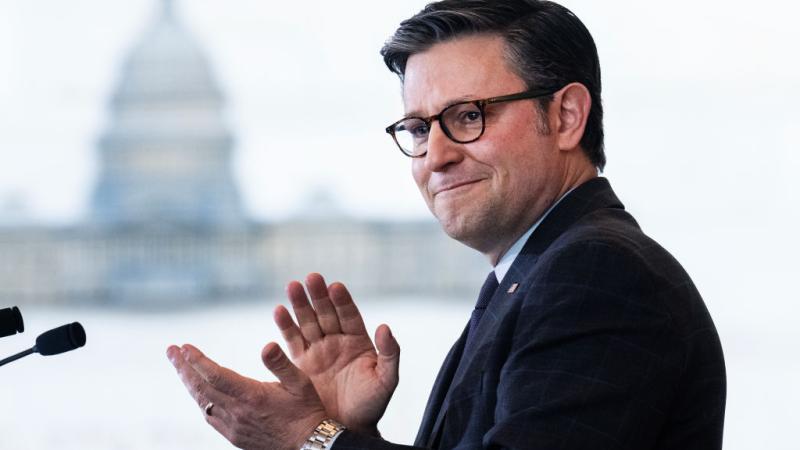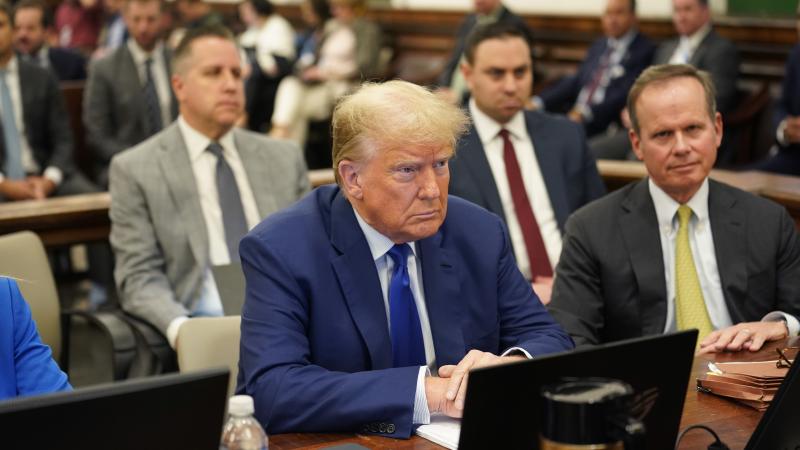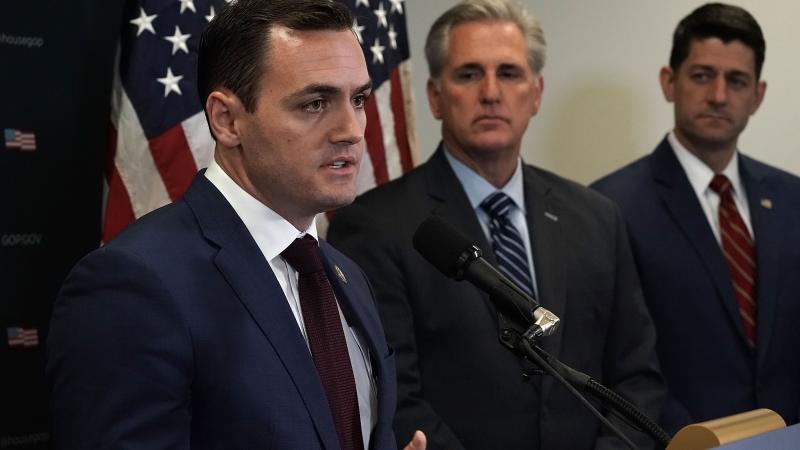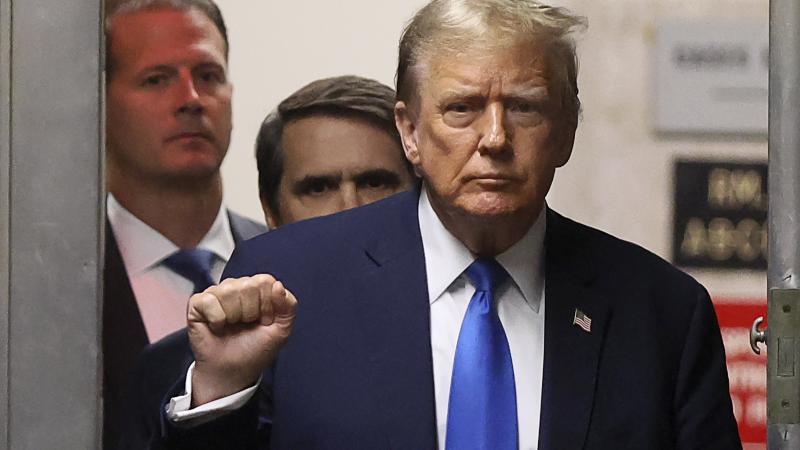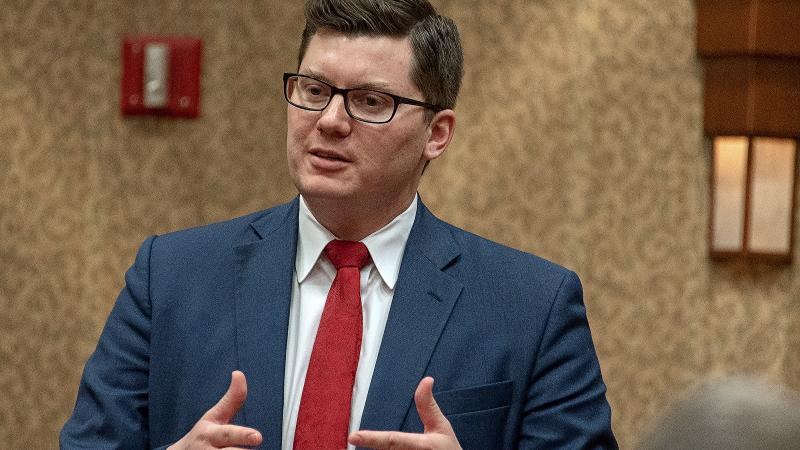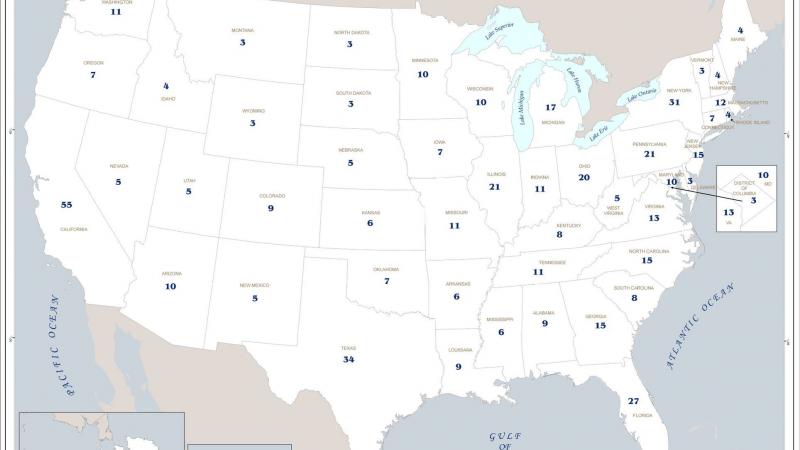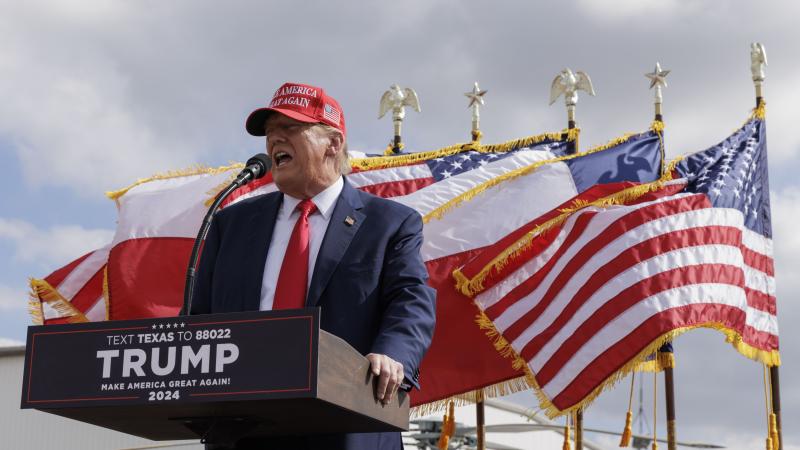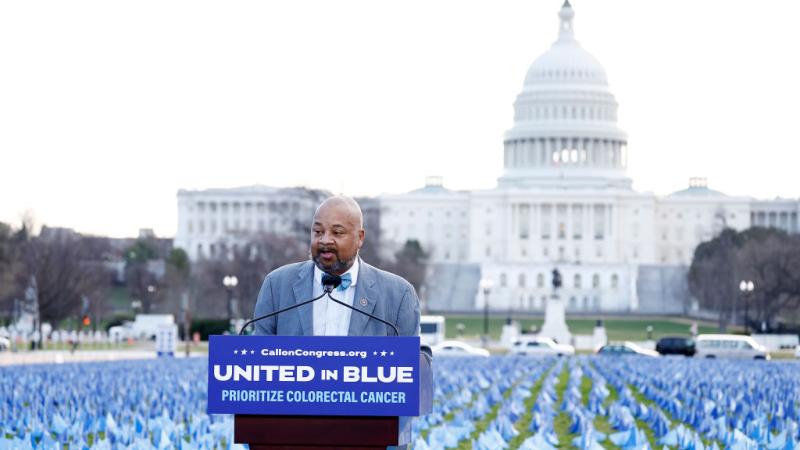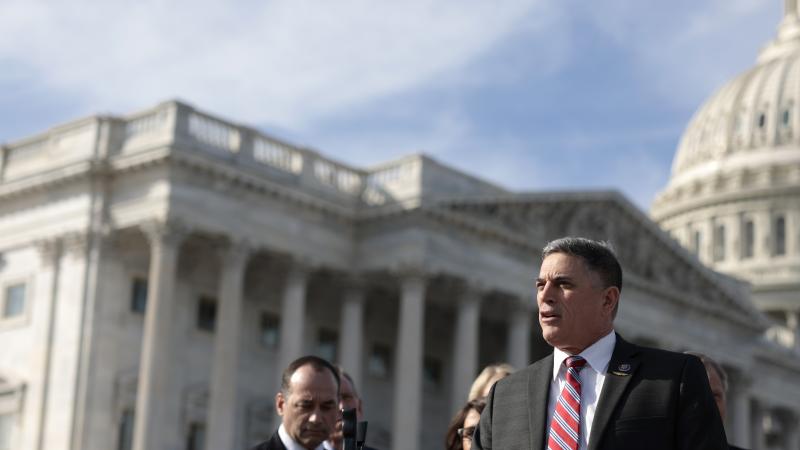'Destined to fail': Experts puzzle over Biden push to reenter nuclear deal with hostile Iran
"What makes me concerned is that we're trying to find a diplomatic solution with a non-diplomatic partner," said Middle East expert Bryan Griffin.
As the Biden administration inches closer to lifting crippling Trump administration sanctions on Tehran in hopes of inking a refurbished version of the 2015 Iran nuclear deal, Iranian state-controlled media are releasing videos that tease blowing up the U.S. Capitol.
"They publish propaganda, they also tell the truth," says Washington Free Beacon Senior Reporter Adam Kredo of the Iranian state-controlled press.
In the clip, played last weekend just before Iranian supreme leader Ali Khamenei addressed his nation, the Islamic Revolutionary Guards Corps is seen marching shortly before a cut that shows the Capitol dome exploding in a fiery cloud.
Despite Iran's overt hostility, the Biden Administration appears intent on offering concessions to Tehran in a bid to revive the Joint Comprehensive Plan of Action, from which the U..S. withdrew under Trump.
Secretary of State Antony Blinken recently defended the idea of reentering the multilateral agreement to Congress. "In terms of putting Iran’s nuclear program in a box and cutting off its pathways to producing fissile material or a nuclear weapon on short order, it was succeeding; our intelligence community said so, the international inspectors said so," said Blinken. "We have an interest in getting Iran back into that nuclear box."
Iranian Foreign Minister Javad Zarif (currently Tehran's lead negotiator on nuclear talks) used a sports analogy to illustrate the reprieve the Obama-Biden administration gave Iran with the nuclear deal. In an unguarded conversation on a leaked audiotape (the same one that captured Zarif revealing John Kerry had confirmed over 200 Israeli strikes on Iranian interests in Syria), Zarif reportedly likened Iran's pre-JCPOA position "to a soccer game," Kredo related. "He said that Iran was down six to zero, and that nuclear deal put them back six to six. It tied them essentially with the rest of the world."
"That is a hint of the desperation that the Iranians had when negotiating that original deal" and a good indication of how thrilled the regime would be to reenter a revamped version, according to Kredo.
On that same tape, according to Kredo, Zarif says he believes "Iran and the United States will never be friends as long as the Islamic Republic preserves its identity." Sentiments like that, coupled with the video of the exploding Capitol lead some to wonder why the Biden administration is so eager to reenter some form of the JCPOA.
"I think it's hubris," Kredo told "Just the News AM." In 2015, the Obama-Biden administration wanted the nuclear deal so badly it was willing to "do anything to get it."
"In the last several weeks and months of those negotiations," he recalled, "the U.S. pretty much rolled back its negotiating position on many key items," caving on regulation of Iran's ballistic missile program, and legitimizing key elements of the regime's nuclear program, including its enrichment capability and installment of advanced centrifuges.
Now, Iran hawks fear, they're prepared to do it all over again.
"We're trying to find a diplomatic solution with a non-diplomatic partner," said Bryan Griffin, an attorney and Middle East expert with the London Center for Policy Research, on a forthcoming episode of the John Solomon Reports podcast.
"It doesn't make sense that we would try to work with a nation that still has propaganda being put out like that," said Griffin, referencing the clip of the Capitol.
Driven by their ideological commitment to bring Iran into the global "community of nations, despite all evidence" that that's unrealistic, according to Kredo, the Biden administration continues to move forward with plans for a resurrected deal.
"They're looking to legitimize their [2015] position," he said.
U.S. efforts to revive the JCPOA are "destined to fail," Griffin said bluntly, "because of the structure of Iran, and Iran's own words and actions."
"They're going to give the Islamic Republic reprieve," said Mark Dubowitz, the CEO of the Foundation for Defense of Democracies. "The Islamic Republic is economically on its knees, and instead of using that leverage to put it on its back, once again, like Obama did in 2015, they're extending that hand, pulling them back up from the mat, and giving them billions of dollars to survive."


